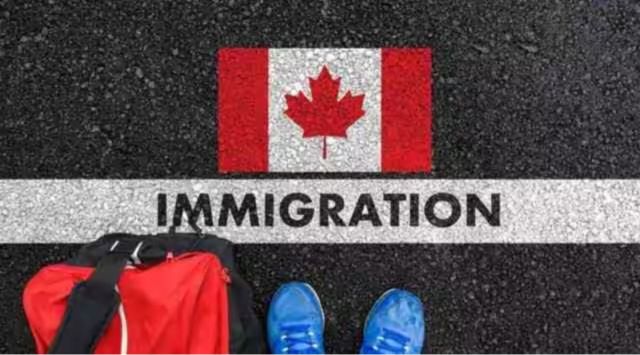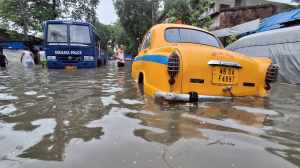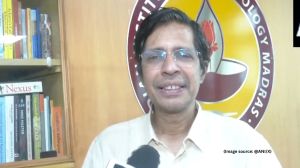Canada Calling: What prompted Trudeau statement in Parliament, the US hand, and a damp Diwali for some
Canadian newspaper Globe and Mail had previously embarrassed Trudeau's government with its continuous reporting on Chinese interference in Canadian elections.
 Less than five months ago, in May, Trudeau had admitted that the Canadian intelligence agency did not inform him of China's threat to a sitting Member of Parliament until it was published in the Globe and Mail. (File Image)
Less than five months ago, in May, Trudeau had admitted that the Canadian intelligence agency did not inform him of China's threat to a sitting Member of Parliament until it was published in the Globe and Mail. (File Image) Before Prime Minister Justin Trudeau lobbed that grenade of a statement in Parliament on Monday, triggering an unprecedented diplomatic crisis between Canada and India, he faced a time constraint imposed by a reporter.
Canadian newspaper Globe and Mail had previously embarrassed Trudeau’s government with its continuous reporting on Chinese interference in Canadian elections. Reporter Rober Fife reached out to the government last week, informing them of the story about alleged Indian involvement in Nijjar’s killing and requesting their response. The government reportedly asked Fife to wait a week, but he insisted on a 24-hour response, or he would publish the story.
Many observers believe this forced Trudeau’s hand. Less than five months ago, in May, Trudeau had admitted that the Canadian intelligence agency did not inform him of China’s threat to a sitting Member of Parliament until it was published in the Globe and Mail. This time he wanted to avoid being seen sleeping at the wheeling again. So just before the deadline, Trudeau rose in the parliament and made the fateful statement.
Did US Share Intelligence on Nijjar’s Murder With Canada? Here is What U.S. Ambassador to Canada Says
United States Ambassador to Canada, David Cohen, has stated that there was “shared intelligence among Five Eyes partners” which contributed to Prime Minister Justin Trudeau’s bombshell statement in the House of Commons parliament on Monday, linking India to the murder of Hardeep Singh Nijjar in British Columbia in June.
Cohen’s remarks follow a report by the Canadian Broadcasting Corporation (CBC) on Thursday, quoting government sources claiming that there was human and signal intelligence, including communication involving Indian diplomats, in the murder probe. The report also suggested that some of this intel had come from “an unnamed ally in the Five Eyes alliance.”
Five Eyes is an intelligence-sharing alliance among five anglophone countries, namely, the U.S., the U.K., Canada, Australia, and New Zealand.
In an interview with news channel CTV, Cohen declined to confirm if the intel came from the U.S. but stated, “Look, I will say this was a matter of shared intelligence information,” adding, “There was a lot of communication between Canada and the United States about this, and I think that’s as far as I’m comfortable going.”
Diplomatic Row Throws a Wrench Into Desi Travel Plans
Starting in October, as the mercury drops in Canada and the weather in India becomes more pleasant, people of Indian origin start flocking to their home country for festivals, weddings, and family reunions. However, this year, the suspension of visa services due to the diplomatic standoff threatens to disrupt the plans of many Indo-Canadians who were eagerly anticipating the travel season.
Those with Indian passports or Overseas Citizen of India (OCI) cards remain unaffected for now. Nevertheless, a significant portion of the Indo-Canadian population lacks these documents.
A Brampton-based accountant, who recently surrendered his Indian passport after obtaining Canadian citizenship, had been looking forward to visiting his parents in Jaipur in November. Unfortunately, with visa services suspended, his hopes of celebrating Diwali with his parents for the first time in four years seem to have been dashed.
“The last time I celebrated Diwali in India was in 2019. Then COVID happened, so naturally, I couldn’t go. I was really excited to visit India and be with my folks, and they were even happier. But then this wretched thing happened,” he said.
“I mean, what do the governments gain by making our lives tough? I feel like the unluckiest person. If I hadn’t given up my Indian passport, I could’ve traveled. Now I’m neither here nor there.”
(Daksh Panwar is an Ontario-based journalist and broadcaster. Twitter: @Daksh280)







